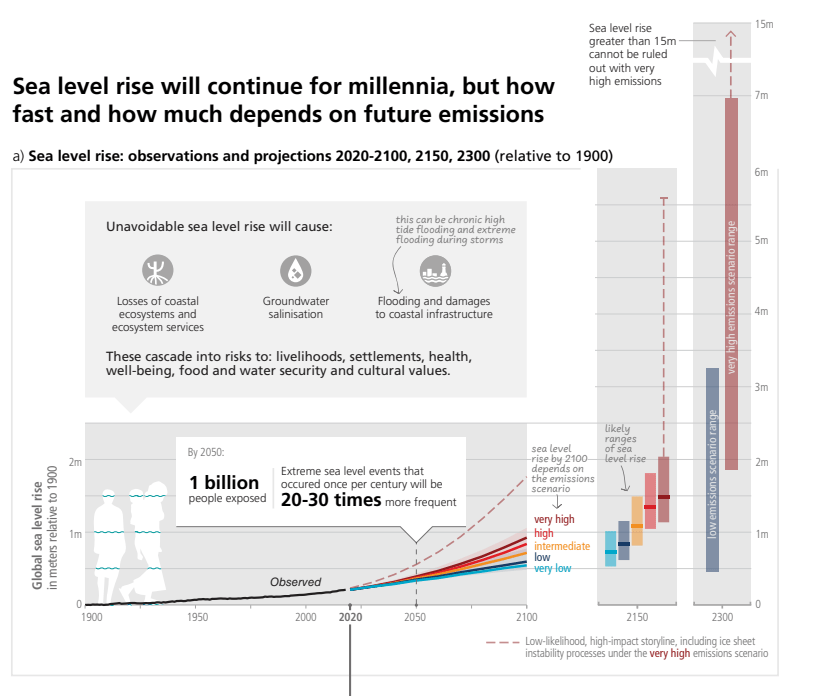
In Beyond A Boundary, the blend of memoir, politics, history and criticism sometimes called the greatest book written on sport, CLR James takes some time to argue cricket is an art form. He does so not just by noting that cricket is often beautiful, but that across batting, bowling and fielding, it showcases an extraordinary range of human movement, in such a way that the spectator can observe it and experience a kind of tactile sympathy.
Humans are, famously, less capable than other animals in most things. We cannot run or swim particularly fast, we have no natural armour, we are not especially strong, or tall, and our claws and teeth are nothing special. We are pretty smart, but only when supported by culture; let’s round back on that.
Homo sapiens, and Homo erectus, the killer plains ape, were world beaters in a few physical things that supported persistence hunting. We are good at endurance running, with springy foot arches unlike other primates. We can shed heat efficiently by sweating and because of little body hair. We can throw further and more accurately than any other animal. And all of this has been supported by tools for striking, containers for carrying water, brains for picking out prey and chasing them as a pack for days in the hot sun.
And yes, cricket showcases all of those things. Humans are pretty versatile, and we learn a lot from culture. Joseph Henrich goes so far as to argue that the cultural package is much smarter than the individual, and our skill at imitation, and tendency to socially conform, is bred for that. We can’t even throw well if not taught it. Cricket rhymes with all of these birthright skills, too, especially in the hot Australian summer, especially in a five Test series of five day matches.
For those that follow cricket, the two very short matches in this ’25/26 Ashes series, in Perth and Melbourne, at the time of the year when people want to experience a different texture of time, did feel like a loss. I felt the loss, being jolted out of that mode of time three days after Christmas. One surprise short match is very much in keeping with the personality of Mother Cricket; two radically abbreviated matches feels more like someone is trying to rush her into a nursing home with a faked will.
This English / Kiwi concept of Bazball, of taking skills and tactics from short forms of the game into the Test match arena, did make sense and change the game in an interesting way, as people like Jarrod Kimber have argued. But two day roulette doesn’t have the same endurance or tactical richness to it. Blitzkrieg was an innovation; blindfolded darts less so.
There’s not time for the game to ebb and flow in two days. It’s like bouncing through successive urgent but inconsequential zoom calls, when no one is really paying attention beyond reciting a few corporate catchphrases, and maybe half the attendees are AIs. Let’s circle back on that wicket. We can prioritise not getting out to garbage in the next sprint.
This Sydney test has ebbed and flowed. It feels like a restorative New Year gift to see four centuries get scored, to be in sympathy with this mode of time. Wickets still fall, surprises are more surprising, there is time enough to get exhausted, for weather and the pitch to change, to rest and get exhausted again. Both teams neglecting a specialist spinner is a shame when they would have had plenty to do; it’s a shrinking of that vocabulary of human movement, the large tactical space of a long game. But we got spinners anyway, part-time ones, and then all the spectators who’ve never played international cricket, like myself, got the chance to say I told you so.
Barney Ronay has been writing hilariously and insightfully about the confusion in cricket administration about influencer sport and what is good, the mistaken idea that short explosions are the only viable 21st century entertainment product. This summer I got to spend day 4 at the Gabba, and that day-long intensity is a wonderful way to follow a game. But Test cricket is remarkably good at fragmentation as well. Having the cricket on the TV in the background, catching a bit on the radio while running errands, checking the over by over commentary in a web browser, looking for a replay on some social media, getting a casual update from in-person smalltalk. Having it all part of a single, slowly building story. Cricket is assembled of short linear moments, so it’s already optimised for continuous partial attention, for the brain’s social ability to put together a story from overheard parts.
You probably need to grow up with cricket to love it, unless you adore something general and adjacent, like Sport, or the entire Indian subcontinent. Humans are good at learning entire cultural packages, especially as children, through observation and imitation. CLR James makes some ambitious, even pretentious, claims for cricket. He also has a generosity for the intelligence and sensitivity of everyday people who love sport; the everyday humanity of their refined aesthetic sense.
In Australia there is a strongly felt convention against sportspeople commenting on politics while still playing. Perhaps there is some value to separating these different sources of prestige, though it’s often used to conservative or reactionary ends. James argued that the demand for sport, historically, accompanies a rise in democratic power and popular civic life. These views are reconcilable when you note how amateur sporting clubs are themselves communities with a civic life. I doubt the Romans experienced tactile sympathies when they saw a man get stabbed through the stomach in the gladiatorial arena. It seems just a visceral spectacle – a live performance of a horror movie reality TV show. The Romans had their imperial spectacle; the classical Greeks, with their republics and their democracies, played sport.
The popular democracy of Greece, sitting for days in the sun watching The Oresteia; the popular democracy of our day, sitting similarly, watching Miller and Lindwall bowl to Hutton and Compton – each in its own way grasps at a more complete human existence.
CLR James





